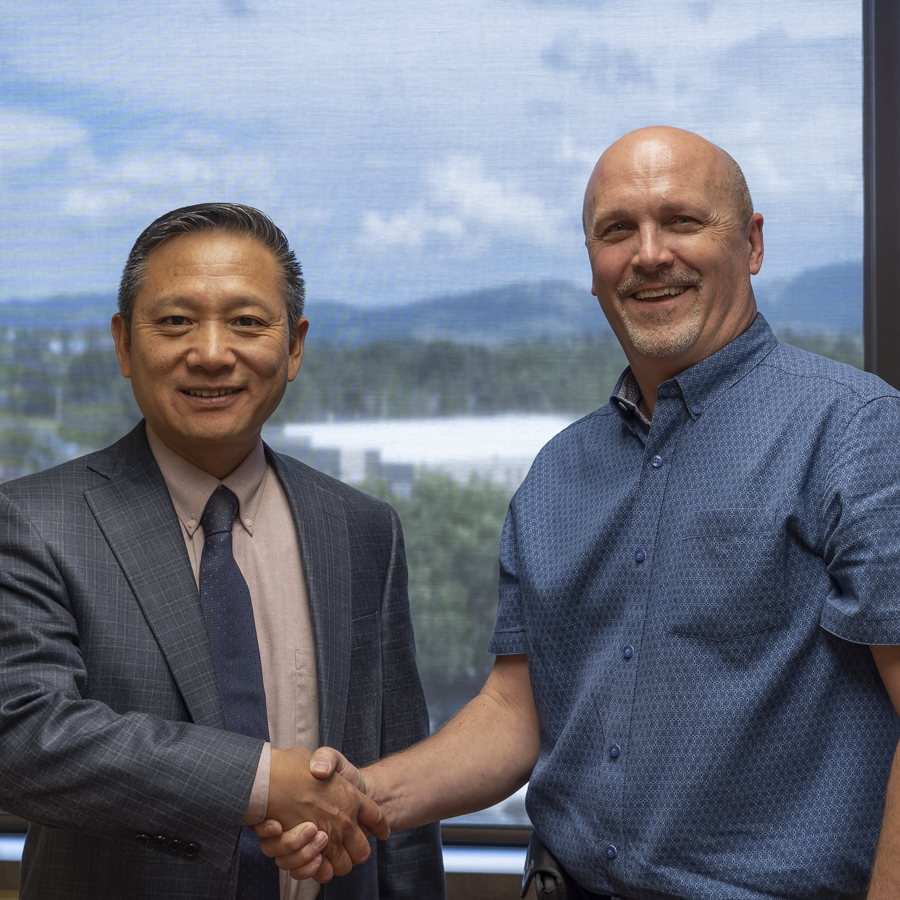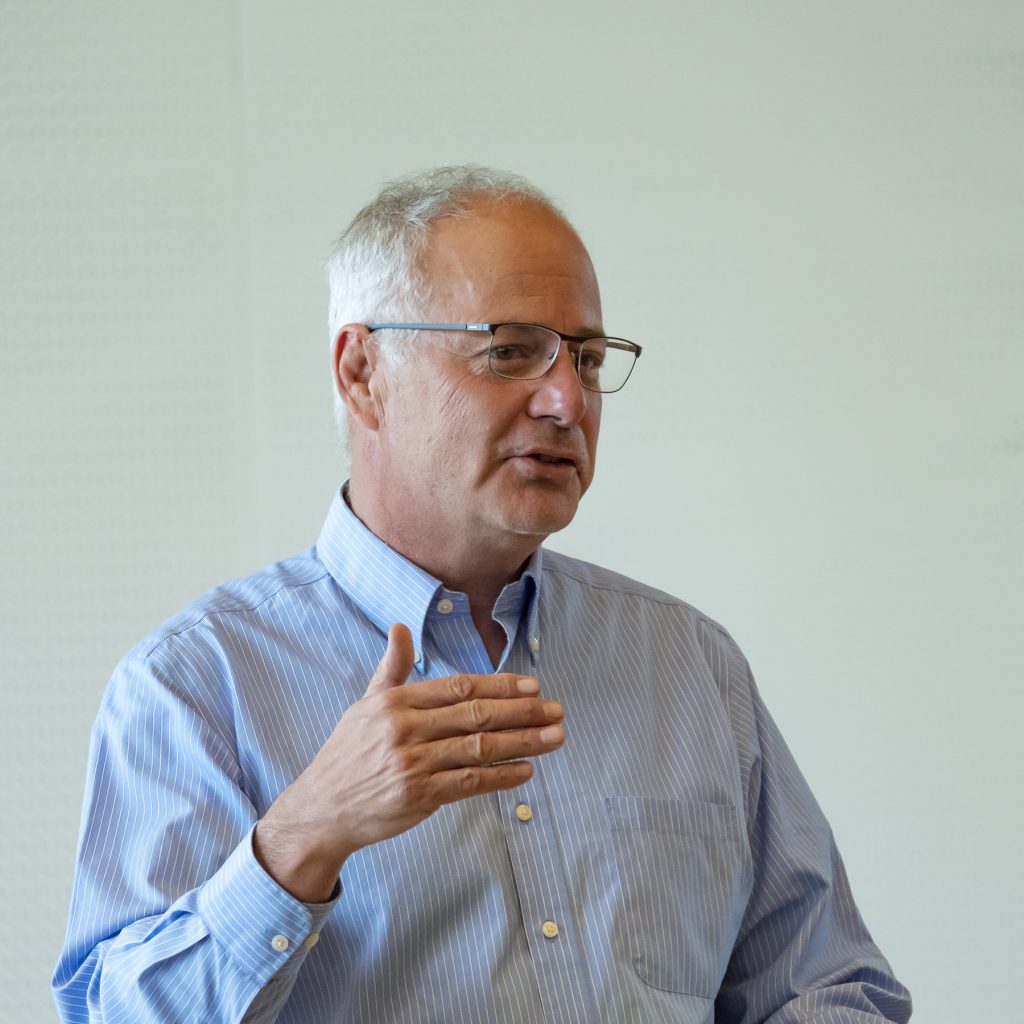Rob Ament Retires After 18 Years with WTI
We are both sad and honored to announce that Rob Ament has retired after 18 years with WTI. Rob is one of the early pioneers of our Road Ecology program and, as Program Manager, has grown it into the world-renowned focus area it is today. Having spent his childhood exploring the Mississippi River, Rob developed his love of ecology […]
David Kack Hands WTI Director Role to Kelvin Wang

A word from our staff: As Montana State University prepares for the start of the Fall semester, August is also bringing change to WTI as we welcome a new director. As many of you may know, David Kack and his family have started a new life chapter in Tennessee, and while David will continue remotely […]
Milestones in Service: Faculty and Staff Honored at Virtual Ceremony
On November 5, Montana State University hosted the 7th annual Milestones in Service celebration with a virtual awards ceremony to honor faculty and staff for their dedication and years of service to MSU. Awards are provided in 5-year increments based on cumulative years of service. This year’s ceremony recognized a number of faculty and staff […]
On to the Next Adventure…

Marking the end of era, WTI’s two most senior leaders retired this month. We bid a fond farewell to our Executive Director Steve Albert and our Assistant Director for Administration and Finance, Jeralyn Brodowy. On July 17, Montana State University College of Engineering Dean Brett Gunnink hosted a retirement reception for Steve Albert, which was […]
